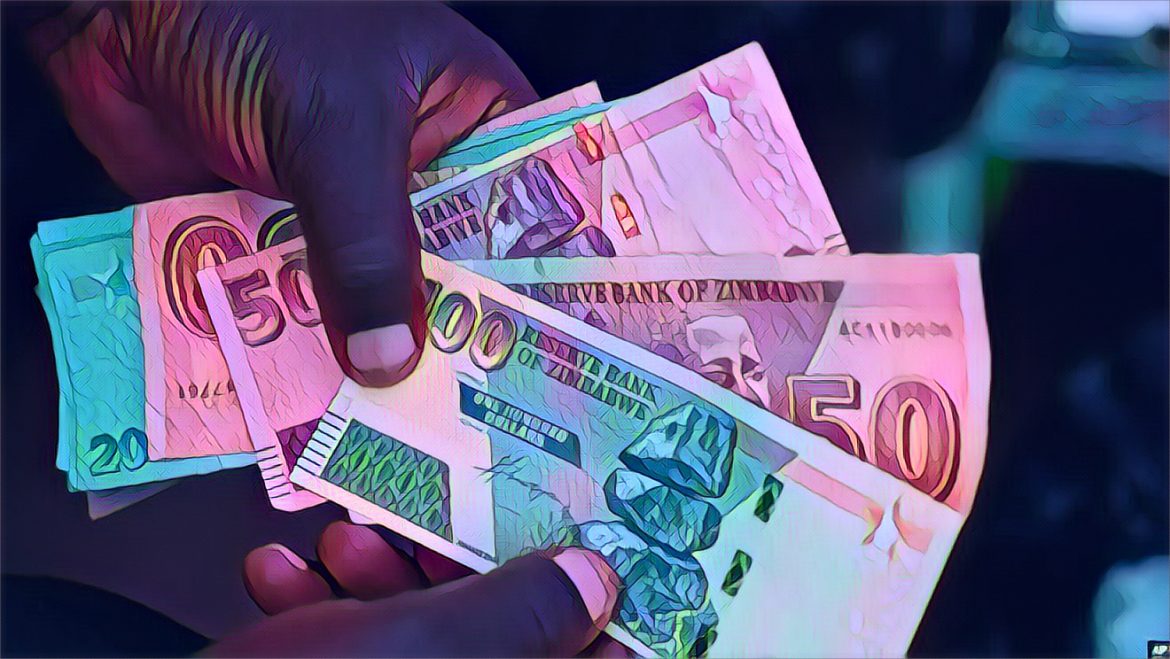Zimbabwe is facing a severe economic crisis as its currency, the Zimbabwean dollar, has lost almost 40 percent of its value against the US dollar this year, making it the worst-performing currency in the world. The depreciation means that anyone in the country with $100 is now a millionaire in local currency terms.
The decline has triggered a surge in inflation, which reached 175.8 percent in June, eroding the purchasing power of ordinary citizens and businesses. The cost of living has soared, making basic goods and services unaffordable for many. The situation has also worsened the country’s debt burden, which stands at over 70 percent of GDP.
The currency crisis is rooted in decades of fiscal and monetary mismanagement, corruption, and political instability. In 2008, the country abandoned its local currency after hyperinflation wiped out its value and forced people to resort to bartering or using foreign currencies. In 2019, the government reintroduced the Zimbabwean dollar, hoping to restore monetary sovereignty and curb the parallel market for foreign exchange. However, the move failed to address the underlying structural problems of the economy, such as low productivity, weak exports, and chronic shortages of cash, fuel, and electricity.
The government has tried to stabilize the currency by tightening monetary policy, liberalizing the exchange rate, and imposing import controls. It has also sought external support from the International Monetary Fund (IMF), the World Bank, and other donors. However, these efforts have been hampered by the lack of trust and confidence in the authorities, as well as the impact of the COVID-19 pandemic, which has disrupted economic activity and reduced remittances from the diaspora.
Many analysts and observers have called for urgent reforms to restore macroeconomic stability and growth in Zimbabwe. Some of the key recommendations include:
- Improving fiscal discipline and transparency, and reducing wasteful spending and corruption.
- Enhancing the independence and credibility of the central bank, and ensuring consistent and predictable monetary policy.
- Increasing the supply and availability of foreign exchange, and allowing market forces to determine the exchange rate.
- Promoting private sector development and investment, and creating a conducive business environment.
- Addressing the social and humanitarian needs of the population, and providing adequate social protection and safety nets.
- Engaging in dialogue and cooperation with the international community, and resolving the outstanding debt arrears and sanctions issues.
Despite the challenges, Zimbabwe still has the potential to overcome its economic woes and achieve sustainable and inclusive development. The country has abundant natural resources, a well-educated and resilient population, and a strategic location in the region. With the right policies and actions, Zimbabwe can turn its fortunes around and realize its vision of becoming a middle-income country by 2030.
Source: The Cable


